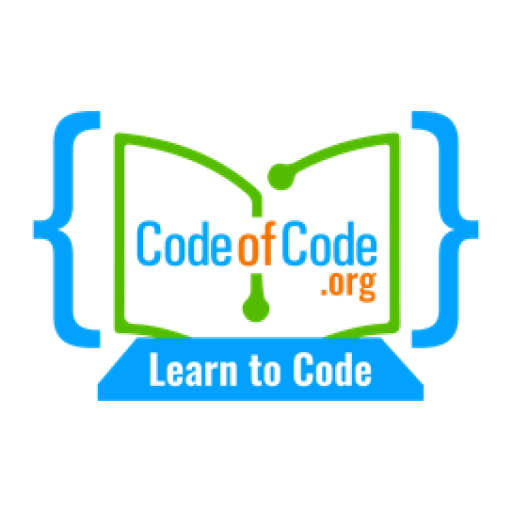Now that we’ve covered what Chainlink is and why it’s important for Blockchain developers, let’s take a closer look at the Chainlink ecosystem and how it all fits together.
The Chainlink Network
At the core of the Chainlink ecosystem is the Chainlink Network, which consists of a decentralized network of nodes called “oracles.” These oracles are responsible for connecting smart contracts to external data sources and triggering complex logic based on that data.
The oracles operate on a separate network from the Blockchain and are connected to it through a series of secure and reliable protocols. This ensures that the data accessed by smart contracts is accurate and untampered with, and helps to maintain the integrity of the Blockchain.
Chainlink Nodes
Chainlink nodes are the individual computers or servers that run the Chainlink software and act as oracles. There are two types of Chainlink nodes:
- Operator nodes: These are the nodes that actually connect to external data sources and provide data to smart contracts. They are responsible for fetching data, processing it, and passing it along to the requesting smart contract.
- Validator nodes: These nodes are responsible for verifying the data provided by operator nodes and ensuring that it is accurate and trustworthy. They do this by comparing the data to multiple sources and using consensus algorithms to reach a final result.
Chainlink Oracle
The Chainlink Database is a decentralized database that stores the results of data requests made by smart contracts. It is used to ensure that data is reliable and accurate, and to prevent tampering or manipulation of data.
The Chainlink Market
The Chainlink Market is a platform that allows developers to find and hire Chainlink nodes to connect their smart contracts to external data sources. It is a decentralized marketplace that enables developers to easily find the oracle services they need and negotiate terms with node operators.
Chainlink Partnerships
Chainlink has formed partnerships with a number of leading Blockchain projects and organizations, including Google Cloud, Oracle, and the Web3 Foundation. These partnerships help to further enhance the capabilities of the Chainlink ecosystem and expand its reach within the Blockchain community.
Conclusion
As you can see, the Chainlink ecosystem is a complex and highly interconnected network of components that work together to enable smart contracts to securely access external data sources and trigger complex logic. Understanding how these different parts fit together is crucial for Blockchain developers looking to use Chainlink in their projects. With this knowledge, you’ll be well on your way to leveraging the full power of Chainlink to build advanced and sophisticated Blockchain applications.
Exercises
To review these concepts, we will go through a series of exercises designed to test your understanding and apply what you have learned.
What is the main purpose of the Chainlink Network?
The main purpose of the Chainlink Network is to provide a decentralized network of nodes (oracles) that can connect smart contracts to external data sources and trigger complex logic based on that data.
What are the two types of Chainlink nodes and what are their roles?
The two types of Chainlink nodes are operator nodes and validator nodes. Operator nodes are responsible for connecting to external data sources and providing data to smart contracts, while validator nodes are responsible for verifying the accuracy and trustworthiness of the data provided by operator nodes.
What is the purpose of the Chainlink Database?
The Chainlink Database is a decentralized database that stores the results of data requests made by smart contracts. Its purpose is to ensure that data is reliable and accurate, and to prevent tampering or manipulation of data.
What is the purpose of the Chainlink Market?
The Chainlink Market is a platform that allows developers to find and hire Chainlink nodes to connect their smart contracts to external data sources. It is a decentralized marketplace that enables developers to easily find the oracle services they need and negotiate terms with node operators.
List three organizations that Chainlink has formed partnerships with.
- Google Cloud
- Oracle
- Web3 Foundation

